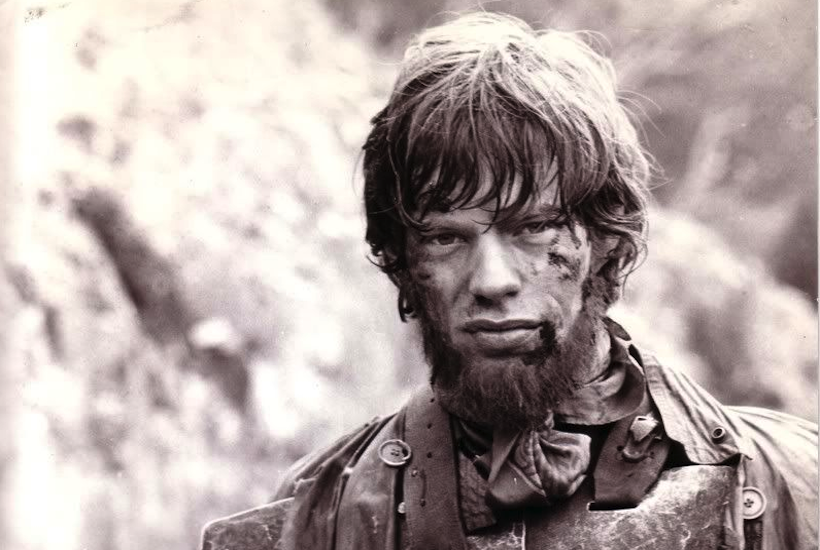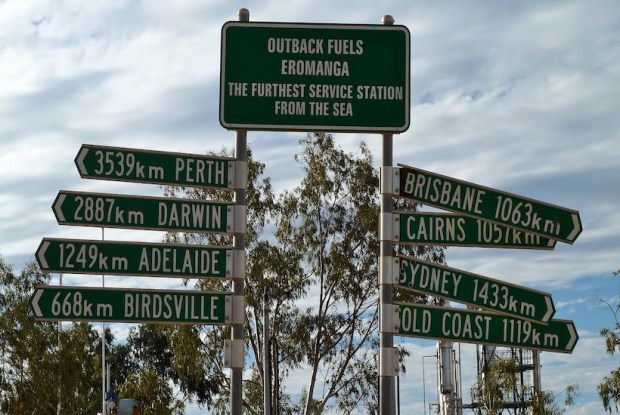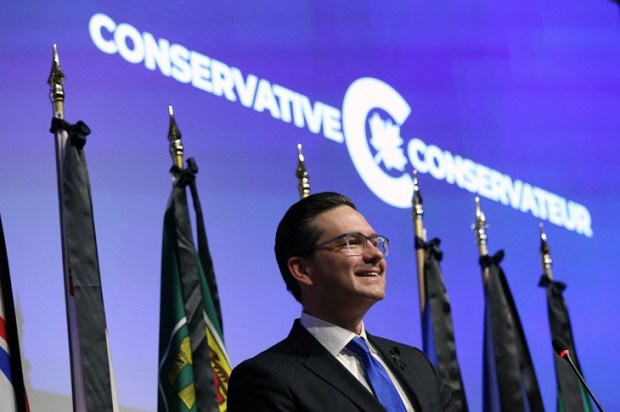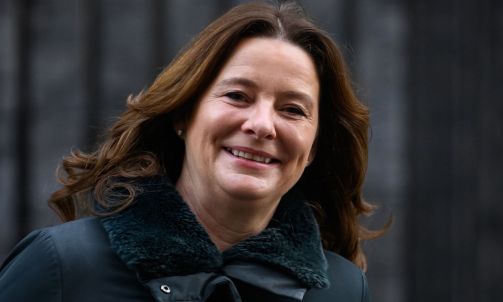Once upon a time in Australian politics there was such a thing as natural constituencies – the well-heeled inner suburbs were blue-ribbon Liberal, the industrial suburbs dead-red Labor and if a party vote at rural booths varied from election to election, it was because of that new family recently moved in down the road.
The foundations for parties in their natural constituencies were often built on principles that appealed to the aspirations and lot in life of electors, augmented by the popular local member who championed and delivered better deals for their electorate – jobs, education, transport and health.
Those local champions were still close in the line of evolution to Wild Colonial ancestors and eager to make a real, lasting difference during their time as the voice of an electorate, thumping the table with bureaucrats and colleagues to get what was needed.
Yes, seats would change from election to election (and therefore, government) on the back of a big local issue, the retirement or death of an MP, or a major national upheaval. Electorates, different and diverse, but on the whole, pretty predictable.
That is until parliaments – MPs supported by slick party machines pumping out “one size fits all” messages and guided (directed) for a bureaucratic monolith at times disconnected from reality – were seen to have lost touch with the aspirations and needs of voters.
Electoral dissatisfaction and volatility has seen many ditch previous place of being in a natural constituency, like a grain and sheep farmer deep in what was once deep National Party heartland telling me before the election of his frustration with the government’s “lip-service on alternative energy and sustainability policies and slow-coach responses to initiatives” that, he says, could creatively boost farm viability. Don’t forget, farmers are the original and best environmental warriors for, unlike ill-informed activists out to destroy rural livelihoods; they have a real interest in protecting productive farmland.
His disgust was to the point of being unable to support the party that his farming ancestors had embraced for generations and amplified challenges faced by all parties in the recent political climate that has seen Wild Colonials – mavericks in modern parlance – find traction and favour across the country, paradoxically so when analysing the recent federal election results.
Queensland and New South Wales keep producing Wild Colonials: of yesterday think Sir Joh Bjelke Petersen and his ilk, today Barnaby Joyce, Bob Katter, Pauline Hanson, George Christensen who call it as they see it and are rewarded at the ballot in such strength that even the briefly self-anointed claimant to the Labor throne Chris Bowen called for a look at how his party projected itself in the regions.
Bowen says Labor was punished in regional areas, particularly in coalmining regions but he says it’s not right to assume that people outside the cities don’t care about the climate emergency. “I find strong support for climate change policy in the regions. I don’t buy the argument that only people in the inner cities support climate change policy.”
Perhaps Bowen wasn’t in the mood to acknowledge the 3.8 per cent swing to frontbench colleague Catherine King in her Victorian seat of Ballarat (now with a 61-39 two party preferred) or junior frontbencher Lisa Chesters in Bendigo who increased her margin by more than five per cent (59-41 2PP). Labor was hammered in the northern states but in the one-out, Victoria, they romped it in the regions. And with a cricket team, including a few Victorian-bred Wild Colonials, standing in once National heartland of Mallee, the Nats were forced to preferences.
In Ballarat and Bendigo, Labor has now had 20 years or more of representing the two big inland cities of Victoria – total population of more than 250,000 – in Federal and State Parliaments.
It’s not as through the motherhood narratives of Labor, Liberal and National in their pitch for the regions are substantially different.
The ALP says:
When people talk about what they love about living in regional cities or towns, they talk about community, more affordable housing, about clean air and ready access to the ocean or the bush. We celebrate these things, but we also need to work to address some obvious challenges.
The Liberals say:
Our approach to investing in regional Australia focuses on the key areas of jobs, health, education, telecommunications, infrastructure and the environment. These areas, tackled simultaneously, make the most impact and provide the best opportunities for Australians living in regional areas.
The Nationals are more about action on the same theme:
Over eight million people now live, work and raise a family outside our capital cities. We are delivering the infrastructure and vital services that regional communities need to grow their businesses and economies. Investments in road and rail are connecting local regional businesses to national and international markets, and we are delivering essential education, health and telecommunications services that ensure no one is disadvantaged in regional Australia.
Each statement sounds great and grand … but regional voters look beyond the words and expect results from their politicians as their Wild Colonial voices winning the level of service, investment, facilities and reducing the gap when compared with what they see as life’s luxuries enjoyed by city cousins.
No political party, in opposition or government, should ever again remotely consider abandoning big cities in the bush – the regional capitals – as the Coalition did in Ballarat and Bendigo while colonial rival Geelong was smothered with such much marginal love this month or as Labor foolishly promulgated in the far north by putting yuppie-driven policies before the livelihoods of country people.
Whether a seat is safe, marginal or on a knife-edge, it matters little to the Wild Colonials in rural and regional areas.
Any deviation from those grand statements in the euphoria of an election will be harshly judged by Wild Colonials no longer willing to be taken for granted and swallowed up by a common party agenda unsuited to their town.
The natural constituency in the regions is now unpredictable.
Chris Earl is a rural and regional consultant.
Illustration: United Artists.
Got something to add? Join the discussion and comment below.
Got something to add? Join the discussion and comment below.
Get 10 issues for just $10
Subscribe to The Spectator Australia today for the next 10 magazine issues, plus full online access, for just $10.

























Comments
Don't miss out
Join the conversation with other Spectator Australia readers. Subscribe to leave a comment.
SUBSCRIBEAlready a subscriber? Log in